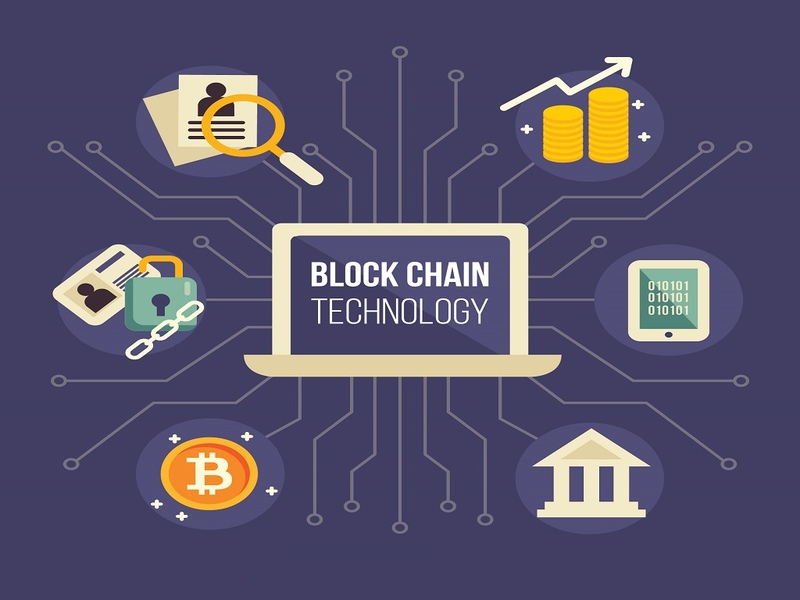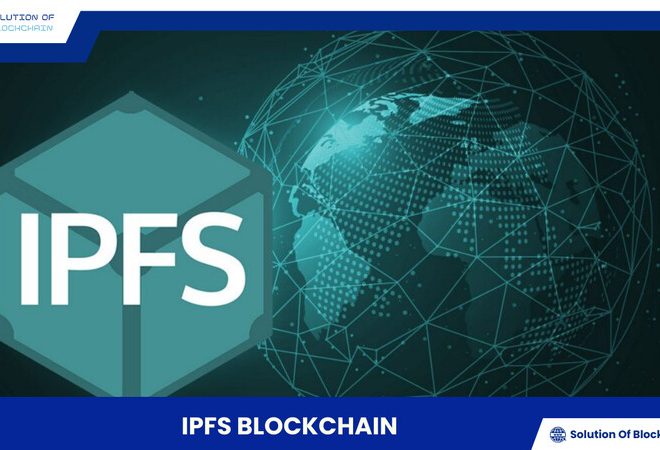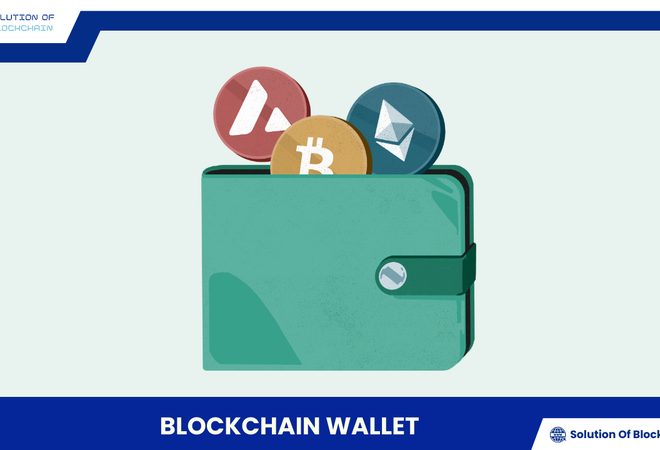
Blockchain technology in Business
Blockchain technology, with its superior security, absolute transparency, and optimal operational efficiency, is emerging as a powerful tool for businesses in the digital age. Let’s explore the groundbreaking potential of Blockchain technology in business and how it is shaping a prosperous future for businesses.
What is Blockchain technology?
Blockchain, also known as a distributed ledger, is a Distributed Ledger Technology (DLT) that allows information to be stored and transmitted securely, transparently, and immutably. Data on the Blockchain is encrypted and distributed across multiple computers in the network, forming a chain of interconnected blocks. Each block contains information about transactions and is linked to the previous block through a hash code, ensuring data integrity.
The role of Blockchain technology in business
- Enhanced security: Data on the Blockchain is protected by modern encryption algorithms and distributed across multiple network nodes. This prevents unauthorized access, forgery, and information alteration, helping businesses protect digital assets and sensitive information. For example, in the financial sector, Blockchain technology is used to secure transaction information, prevent fraud, and combat money laundering.
- Increased transparency: All transactions on the Blockchain are recorded on a public ledger and can be verified and retrieved at any time. This transparency helps enhance accountability, minimize disputes, and build trust among participants. For example, in the supply chain industry, Blockchain technology allows consumers to track the origin of products, from the manufacturer to the end consumer, ensuring transparency and product authenticity.
- Improved efficiency: Blockchain technology automates business processes, eliminates intermediaries, and reduces complex paperwork. This saves time, costs, and improves productivity. For example, in the real estate sector, smart contracts on the Blockchain can automatically execute terms when conditions are met, simplifying and accelerating transaction processes.
- Building trust: Blockchain technology creates a reliable, transparent, and fair trading environment for all parties. This helps strengthen the trust of customers, partners, and investors, promoting cooperation and sustainable development. For example, Blockchain-based loyalty programs can record and exchange reward points transparently and fairly, thereby enhancing customer trust and satisfaction.

Applications of Blockchain technology in business
Supply chain
- Product origin tracking: Businesses can use Blockchain to record the entire product journey, ensuring quality, combating counterfeiting, and enhancing customer trust. For example, Walmart uses Blockchain to track the origin of meat, and Nestle uses it to track the coffee supply chain.
- Transportation process optimization: Blockchain helps automate logistics processes, minimizing delays and errors. For example, Maersk uses Blockchain to track cargo containers, and FedEx uses it to manage the global supply chain.
Finance – Banking
- International payments: Blockchain allows for fast, secure, and low-cost international transactions. For example, Ripple provides a Blockchain-based payment solution for banks.
- Digital asset management: Blockchain is used to manage and trade cryptocurrencies (Bitcoin, Ethereum), securities, and real estate. Stock exchanges are exploring the application of Blockchain to increase efficiency and transparency.
- Fundraising: Blockchain facilitates new forms of fundraising such as ICO (Initial Coin Offering) and STO (Security Token Offering).
- Peer-to-peer lending (P2P Lending): Blockchain connects borrowers and lenders directly, eliminating financial intermediaries.
Anti-money laundering: Blockchain helps financial institutions track suspicious transactions and comply with AML regulations.
Healthcare
- Electronic health record management: Blockchain allows for secure storage and sharing of medical records. For example, Estonia uses Blockchain to manage citizens’ medical data, and Medicalchain is developing a personal medical record platform.
- Drug origin tracking: Blockchain prevents counterfeit drugs and ensures drug quality.
- Drug research and development: Blockchain facilitates secure and efficient sharing of research data.
Real Estate
- Land title management: Blockchain-based electronic land titles help prevent fraud and enhance transparency. For example, Dubai and Georgia are piloting this technology.
- Smart contracts: Automate the execution of terms, reduce disputes, and accelerate transactions.
- Real estate tokenization: Dividing real estate ownership into tokens, facilitating investment.
Insurance
- Process automation: Insurance contracts and claims settlement are automated on the Blockchain. For example, AXA uses Blockchain to provide flight insurance.
- Fraud reduction: Blockchain helps detect and prevent insurance fraud.
- Decentralized insurance: Decentralized insurance platforms operate on the Blockchain, eliminating intermediaries.
Retail
- Building customer loyalty programs: Blockchain creates efficient and transparent loyalty programs. For example, Starbucks uses Blockchain in its rewards program.
- Supply chain management: Track product origin, ensure quality, and combat counterfeiting.
- Payment with cryptocurrencies: Blockchain facilitates payment with cryptocurrencies.

Other fields
- Education: Issuing degrees, certificates, and managing educational materials.
- Elections: Transparency and fraud prevention.
- Art supply chain management: Authenticating works and combating counterfeiting.
Development trends of Blockchain technology in business
- Blockchain 3.0 and dApps: Blockchain 3.0 platforms like Ethereum, Solana, and Polkadot are being used to develop decentralized applications (dApps) in various fields, from Decentralized Finance (DeFi) to GameFi and NFTs.
- Internet of Things (IoT) and Blockchain: The combination of IoT and Blockchain allows for secure and efficient connection and management of IoT devices, with applications in supply chain, logistics, and smart agriculture.
- Smart contracts and process automation: Smart contracts are automatically executed, reducing human intervention and increasing efficiency in finance, insurance, and real estate.
- Enterprise Blockchain: Enterprise Blockchain platforms like Hyperledger Fabric and R3 Corda are used for internal business management.
Blockchain technology is gradually asserting itself as an essential tool for businesses in the digital age. With its ability to enhance efficiency, security, transparency, and build trust, Blockchain is ushering in a new era for business, where efficiency, transparency, and security are elevated to new heights.
Blockchain is not just a technology, but also a new business philosophy, aiming for fairness, transparency, and sustainability. In the future, Blockchain is predicted to continue to grow strongly with the advent of Blockchain 3.0 platforms, the combination with the Internet of Things (IoT), and the widespread application of smart contracts.
To avoid being left behind in the technological revolution 4.0, businesses need to proactively seize opportunities, research, and apply Blockchain technology to their business operations.
Take action today with Solution Of Blockchain to stay ahead of the trend and create a prosperous future for your business!




